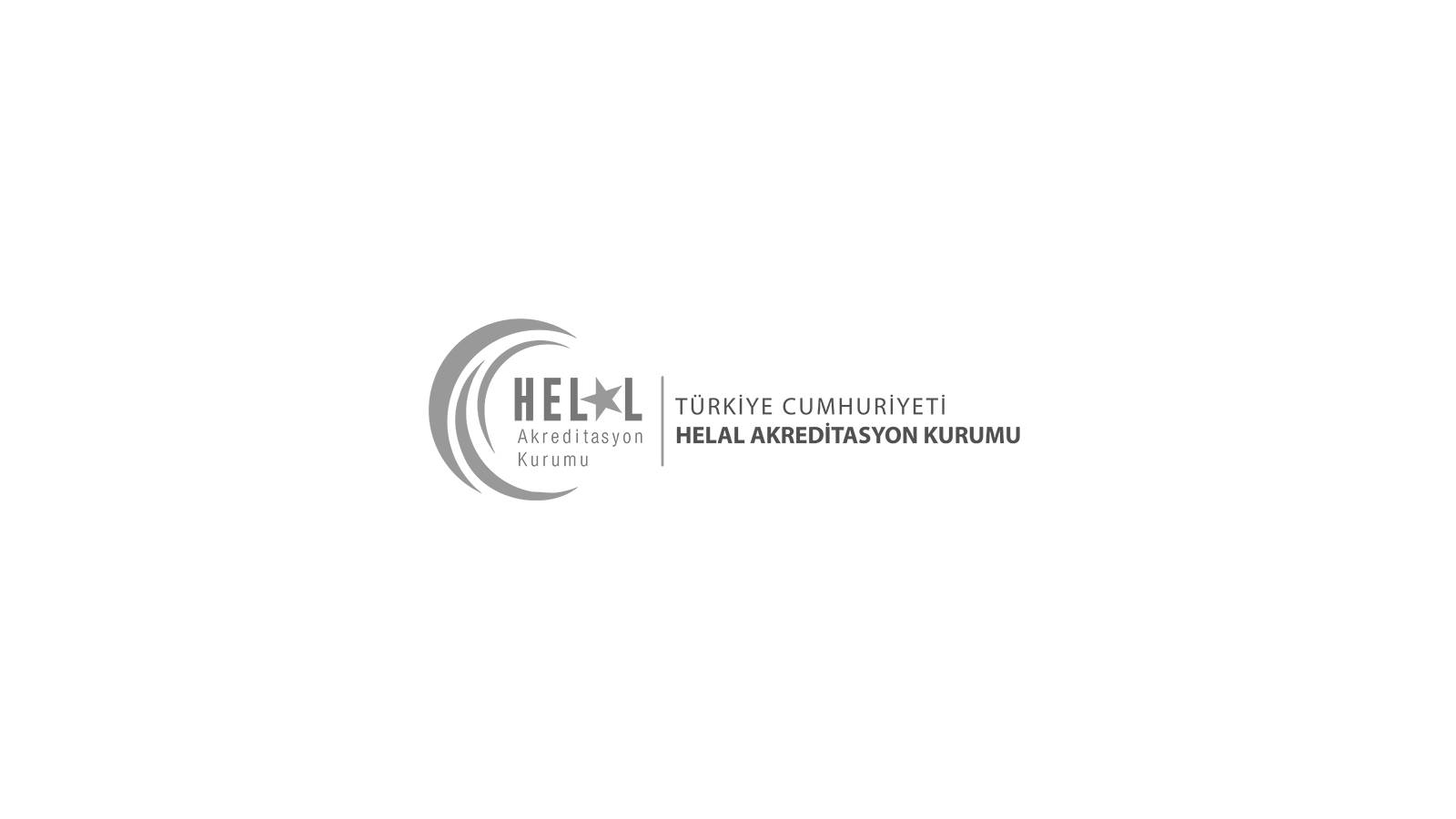
Sudan
Population
43,120,843
Capital City
Khartoum
Currency
Sudanese Pound (SDG)
Volume of Trade
Percentage of Muslim
95 %
GDP per Capita (Nominal)
4,300 $
GENERAL INFORMATION
Sudan, whose population composes almost entirely of Muslim people, is a member of the Organization of Islamic Cooperation (OIC) and the Standards and Metrology Institute for Islamic Countries (SMIIC). In accordance with Islamic rules, slaughtering animals in a non-halal way in the country or supplying non-halal animal products to the market is not permitted, As required by religious and cultural social structure as well as legal system, halal food products are demanded by the whole Muslim population. However, due to the assumption of all products and services are halal in Sudan, awareness of consumers in terms of halal labeling is unformed.
The economy of the country is mainly based on agriculture and livestock breeding. Sudan supplies animal products, particularly livestock to Islamic countries. United Arab Emirates, Egypt, Saudi Arabia, India and Turkey are the countries having the most share in Sudan's general imports in products required halal sensitivity.[1]
Halal Certification Activities/Practices
Halal certificate is asked for imports of the food of animal origin such as fish and poultry products from non-Muslim countries to Sudan.[2] Though, halal certificates are not stipulated for imports from Muslim countries.
The competent authority for standardization and metrology in the country is Sudanese Standards & Metrology Organization (SSMO). Sudan is represented by SSMO in SMIIC. Sudanese Accreditation Council (SDAC) serves as the national accreditation body in the country.[3]
Majlis Fiqh Islami of Sudan / Halal Authority of Sudan is an advisory body with authorization to issue fatwas in the country and has been operating in halal certification activities since 2013. Ministry of Animal Resources also issues halal slaughter certificate to slaughterhouses.
In 2016, the Sudanese Halal Goods and Services Council was established by decree no. 315 of the Minister of Cabinet in order to coordinate and develop the Sudanese halal sector. The Cabinet consists of representatives of all public institutions and organizations related to halal in the country.







